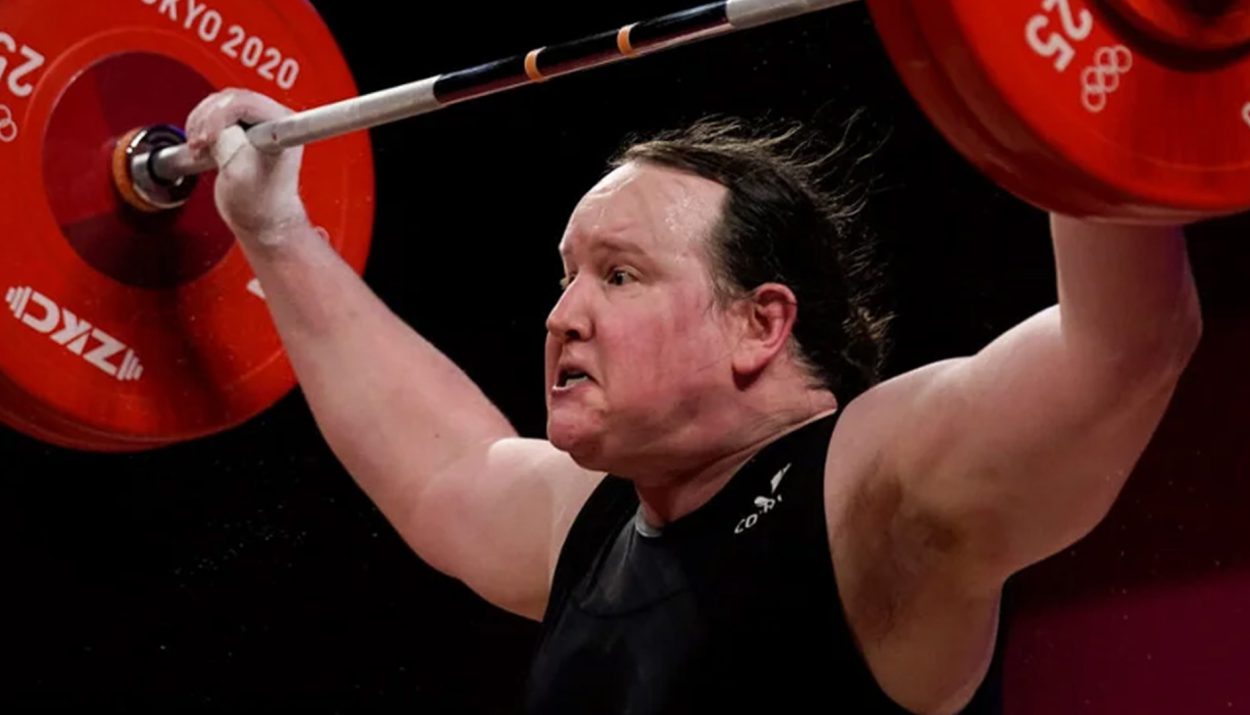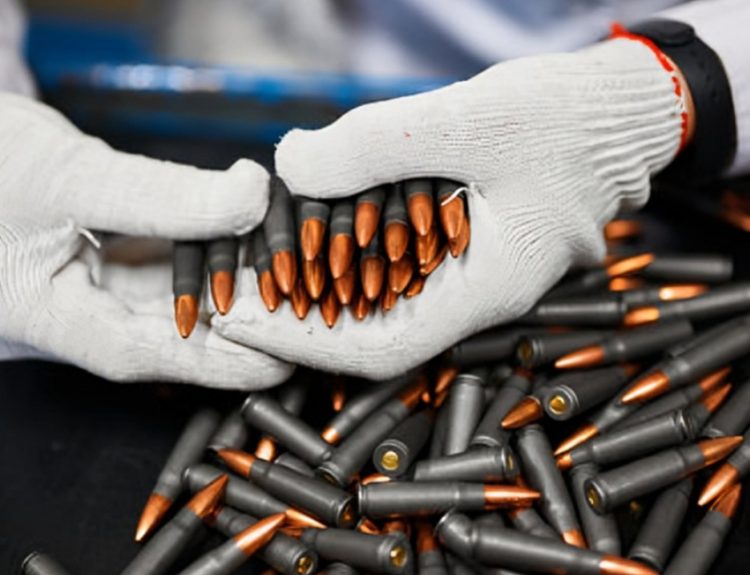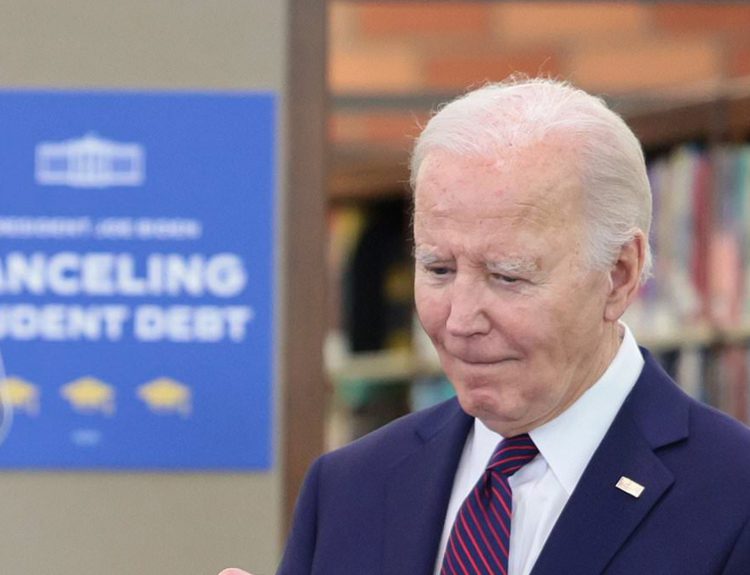Transgender issues and gay rights are important issues in America right now, ones that everyone has an opinion on. While there are many issues that are a little more nuanced, with different opinions all holding valid weight, there are also some issues where it’s fairly clear exactly what is right, and exactly what is wrong.
Conversations About Gay Rights
Gay rights have been a conversation in social culture ever since the 70’s, when the Stonewall Riots launched both conversations about police brutality against gay people as well as the first true pride celebrations. These celebrations, which morphed into today’s modern pride parades, were meant to give gay people a safe place where they could exist without fearing repercussions from the outside world.
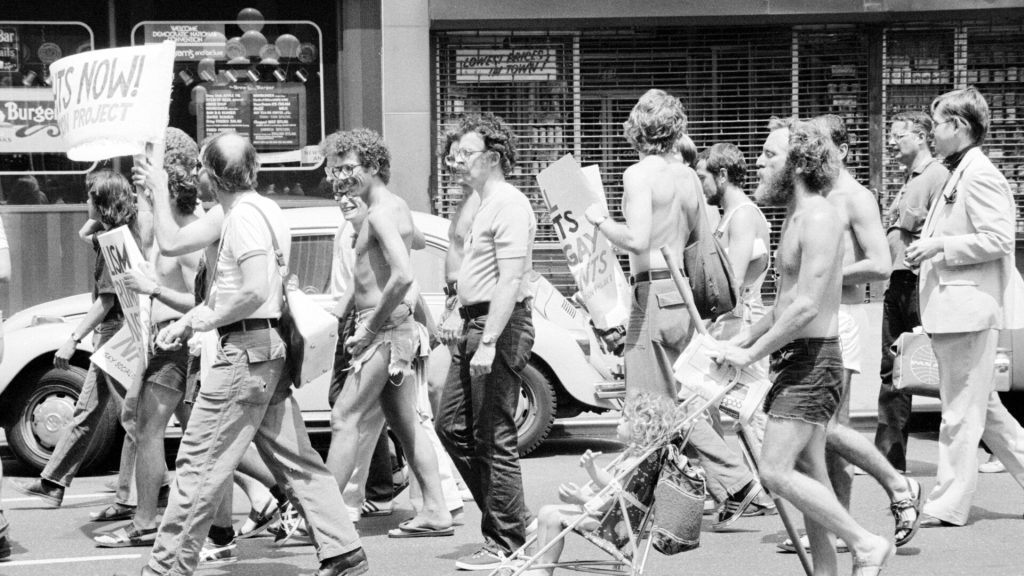
Through the rise of evangelical culture in America and the creation of the internet and social media, gay people have had to fight for the same basic rights as other Americans. The social stigma against gay people is nothing new, nor are the mental health problems that have been revealed to be a direct cause of cultural bias against the LGBTQ+ community.
Gathering in Online Spaces
Social media offered a space for queer youth and adults to gather, and create communities in a world that they felt offered very little support. While there is an argument to be made for the toxicity of social media and its effect on mental health, for many marginalized communities, the internet is where they’ve made their friends and home.
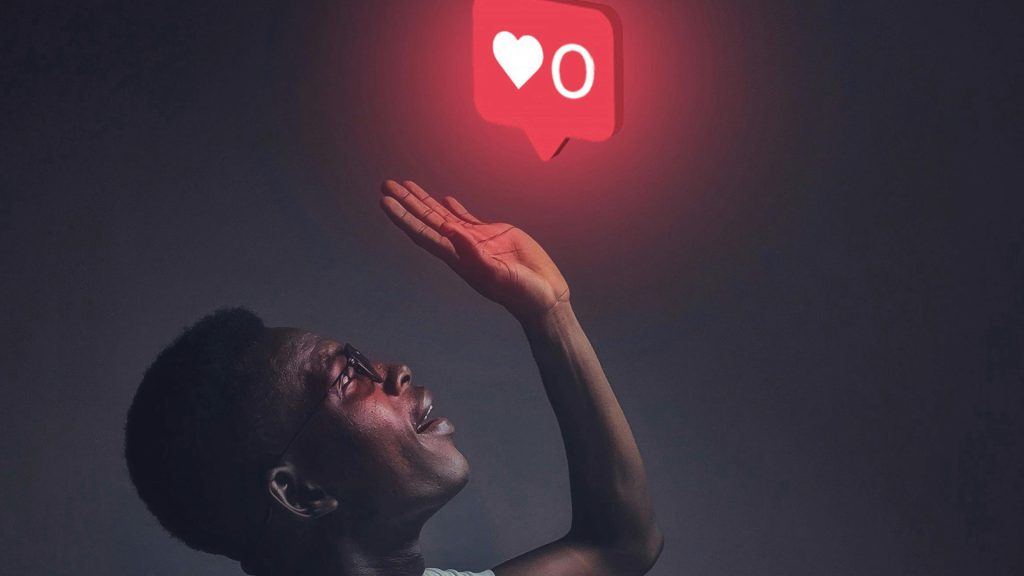
And socially, things have slowly gotten better for queer communities. The internet and social media provided a platform for these people to gather and connect, and also gave them an opportunity to educate a much wider mass of people than they had previously been able to.
Driving Greater Advocacy for Gay Rights
This education is, in part, what helped to drive advocacy for gay rights to a much greater level than had previously been seen. The nationwide legalization of gay marriage was a landmark case in the fight for equality, and for many queer communities, the hope that things were looking up was strong.
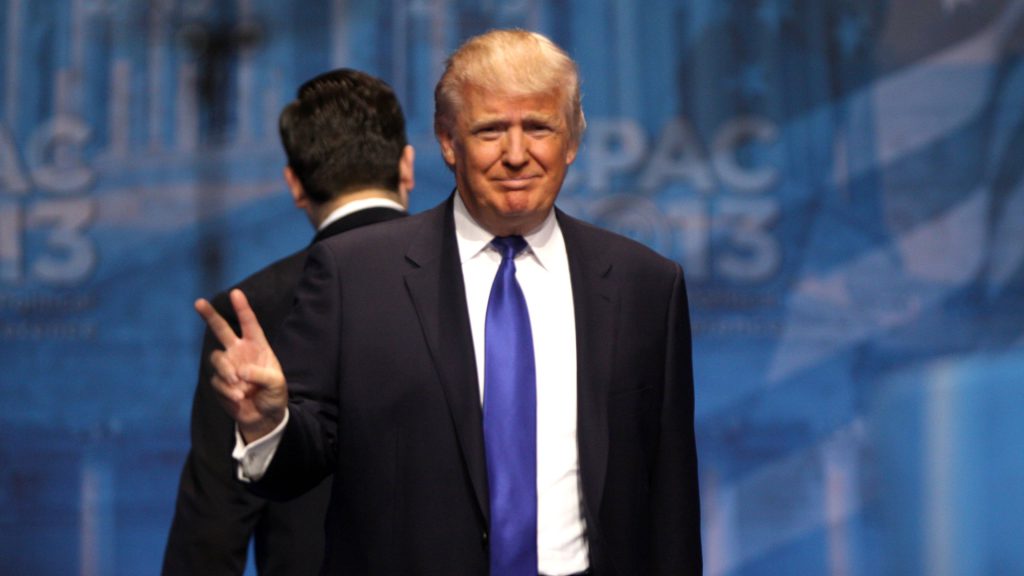
Where one success happens, though, other challenges arise. After gay rights became yesterday’s news, the newest struggle of the LGBTQ+ movement rose with the presidency of Donald Trump. Fear-based politics latched onto a new target, and the transgender community became the latest scapegoat for far-right religious and politically conservative communities.
Empowering Conservatives
Donald Trump empowered these conservative and religious communities to levels that hadn’t been seen in decades. Fear-based politics and politics of hate started to rise, attacking some of the easiest targets first: immigrants, women, and transgender people.
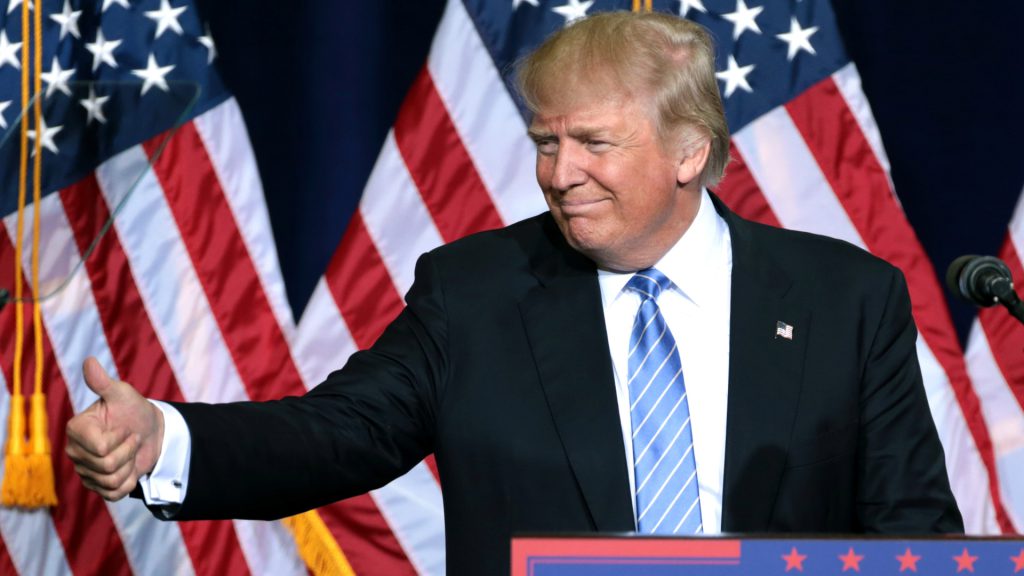
This led to a political reckoning for the Republican party on the federal stage in 2018, 2020, and 2022. Democrats showed up to the voting booths in droves, showing that they didn’t like the way that national politics were going. They made their voices heard, and there were many who were hopeful that things would stop getting worse for these vulnerable communities.
A Ball Has Started Rolling
Unfortunately, the ball that Donald Trump and his brand of conservatism set rolling was not so easy to stop. While the movement of involvement in federal politics was great, the reality is that state and local politics are where real change happens, and in these local communities, a great deal of change is currently being seen.
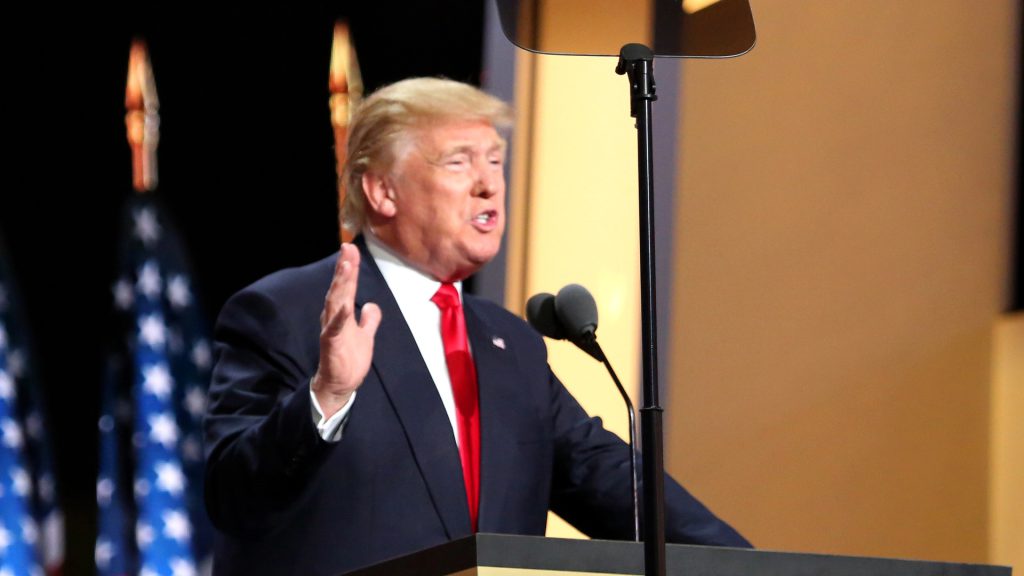
This change is being pushed by the same type of fear-based politics that Trump made a significant part of his campaigns for president. The far-right have grown bolder in the years since Trump left the White House, and they’ve started to make their bid for an America that is much less accepting than the one that many Americans hoped for ten years ago.
Anti-Trans Laws Passing Around the Country
Anti-trans laws have started being proposed, and passed in state legislatures all around the country. Many of these laws are being pushed by conservative groups such as Moms for Liberty, who are seeking to make clear the distinctions between biological men and women, as well as advocating for educational standards that make these things clear as well.
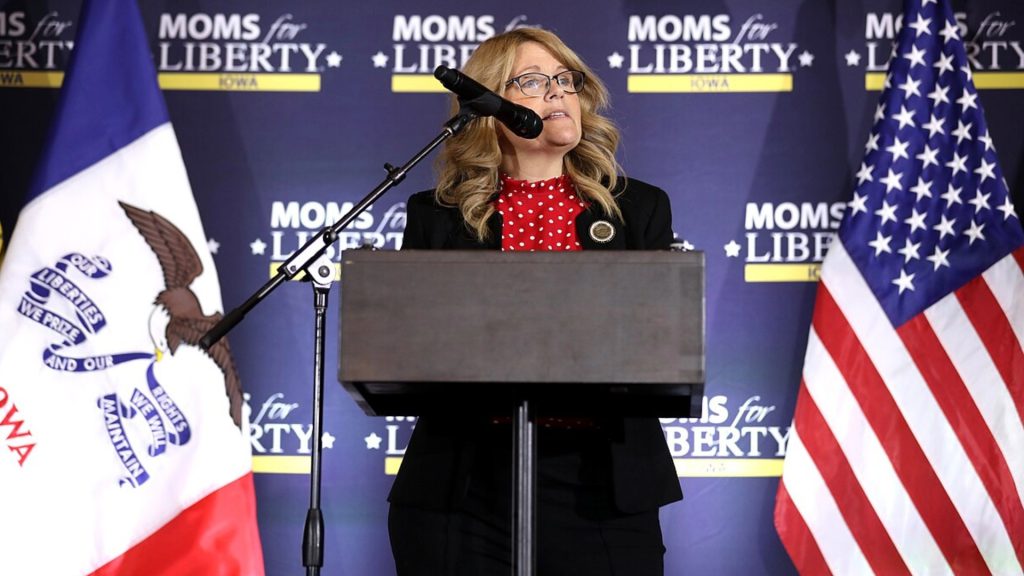
These groups have even gone so far as to use intense rhetoric such as calling transgender people and activists “groomers,” leaning into the idea that gay people are more likely to harm children by nature of who they are romantically and sexually attracted to.
Conversations Around Transgender People and Sports
While there is no evidence to suggest that gay and transgender people are more likely to abuse children than cisgender or heterosexual people, it’s rhetoric that works. And scaring people into considering their ideas has allowed for anti-trans activists to move into other areas of life to discuss their cause.
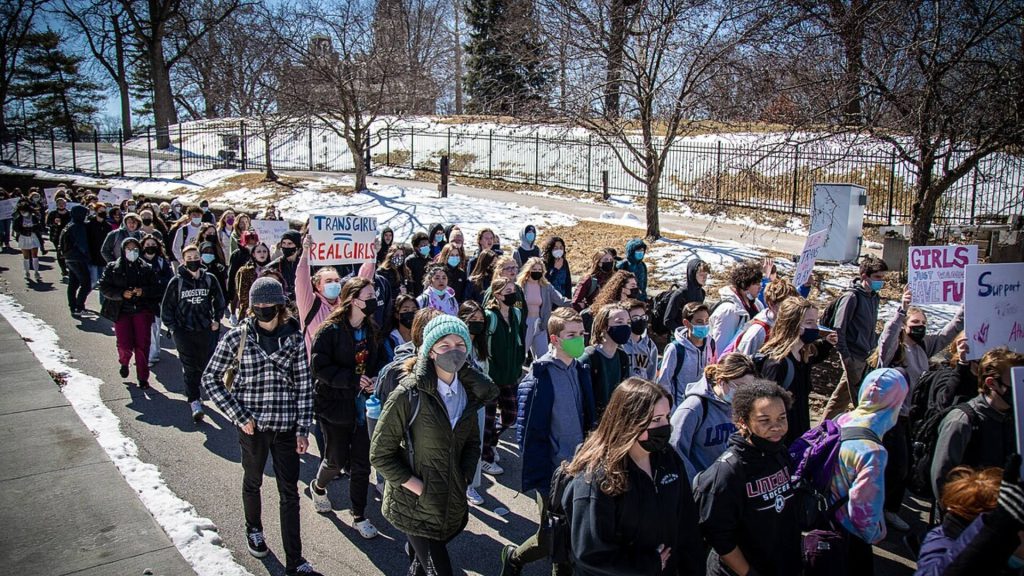
One of the most prominent topics that has come up regarding transgender rights and transitions is sports. Many anti-trans advocates have stated that transgender individuals don’t belong in sports, and this is an argument that has been specifically used to attack transgender women in sports.
An Argument Against Trans Women
The argument here, of course, is that transgender women, given that they were born biologically male, have a significant advantage against athletes who were born biologically female.
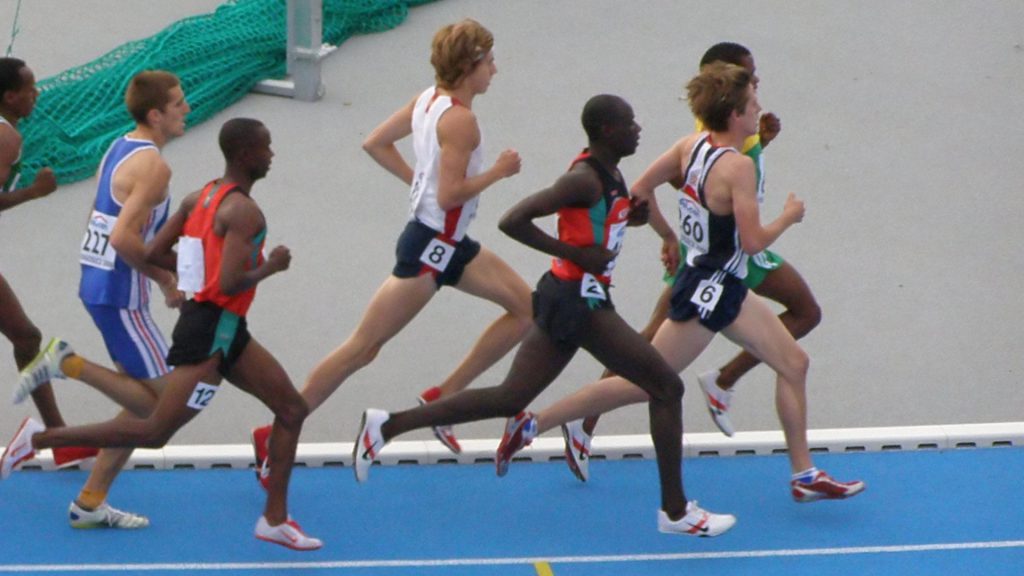
While this is a fairly nuanced issue, which should take into account the time of transition, hormone therapy status, gender surgery status, in some specific sports, the issue does become a little more simple.
Weightlifting is a Simpler Argument
Weightlifting is one of these sports. Where other sports such as soccer, swimming, and tennis are more based in technique rather than how naturally good you are, weightlifting is one of those sports where your biological and natural makeup actually factors in to how successful an athlete can be.
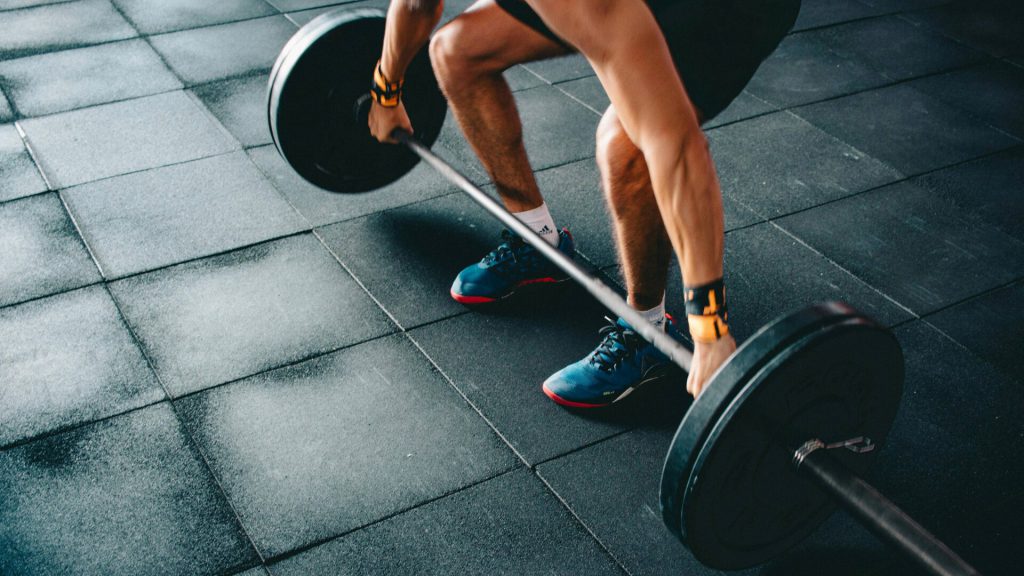
While weightlifting athletes put a great deal of work into their craft, with hours in the gym and in the kitchen to eat properly dedicated to their sport, there are some factors that make it easier. Weightlifting is one of those sports where some people are simply going to be better than others, by nature of their hormones, their muscle mass, and many other factors that are beyond anyone’s control.
The Argument for Gender and Sex
Because of these various factors, weightlifting is a sport where the argument against transgender women competing against biological women actually holds weight.
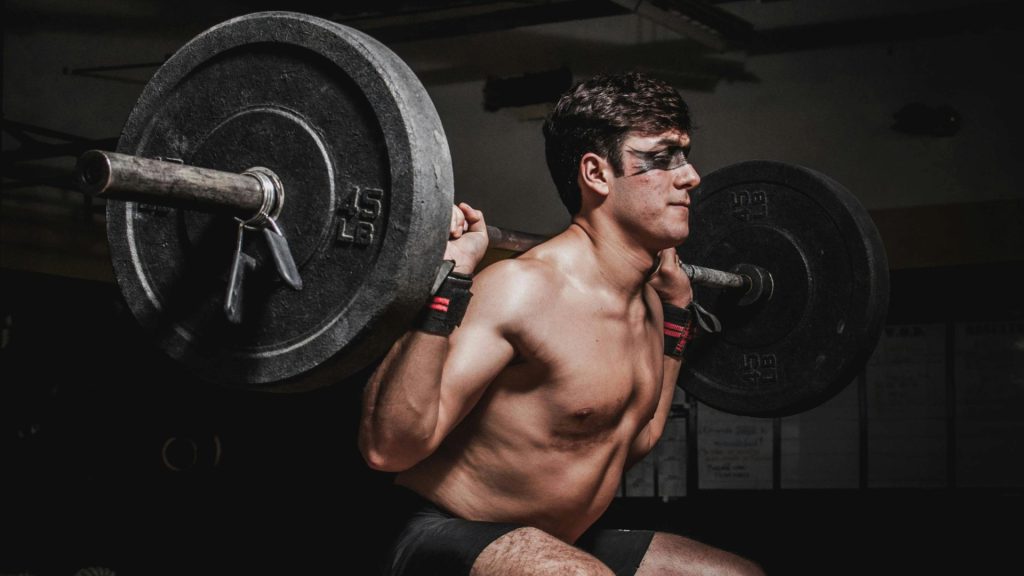
Biological men are naturally born with more testosterone, and the capability of creating it in their muscles when they workout. Biological men’s muscles can be stronger, and can grow bigger than biological women’s muscles, and therefore, biological men competing against biological women would be at a distinct advantage.
Female Athletes Fighting Back
In spite of these facts, there are still many organizations that are trying to push for equality in weightlifting, allowing transgender women to compete in women’s competitions, despite the clear advantage that they have by nature of their birth biology.
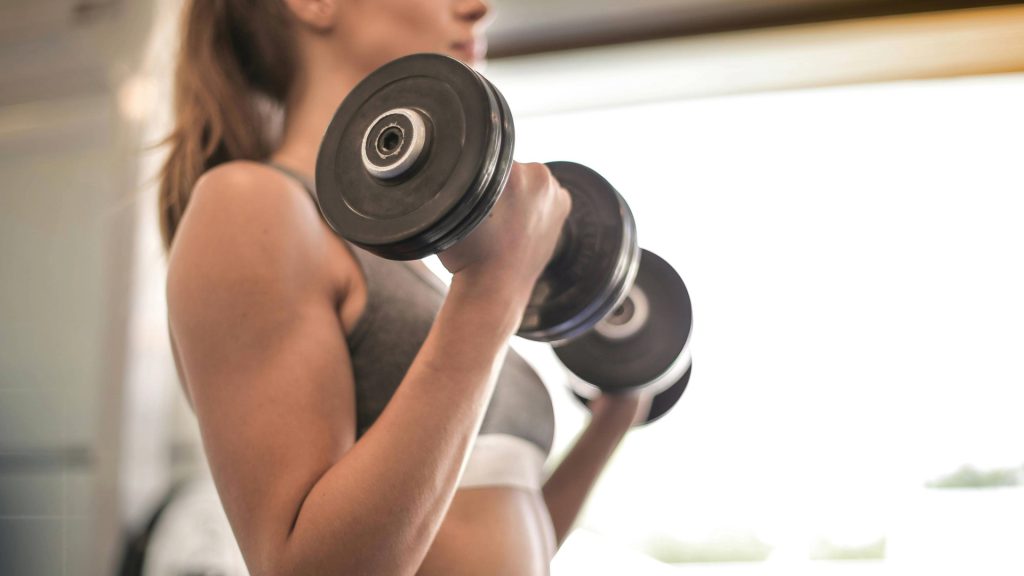
This creates a deeply unfair competition for biological women in weightlifting, and is creating significant resentment among female athletes. One female weightlifting champion, Lola Pollack, has come out strongly against the issue, standing up for women’s sports across the board, not just in weightlifting.
About Lola Pollack
Pollack is a weightlifter of 7 years, is a 1-time national champion, 5-time national medalist, 2-time All American Athlete, and 1-time Pan American bronze medalist from Colorado. She is a Level 1 USA weightlifting coach, and acting president of the Mountain North WSO.
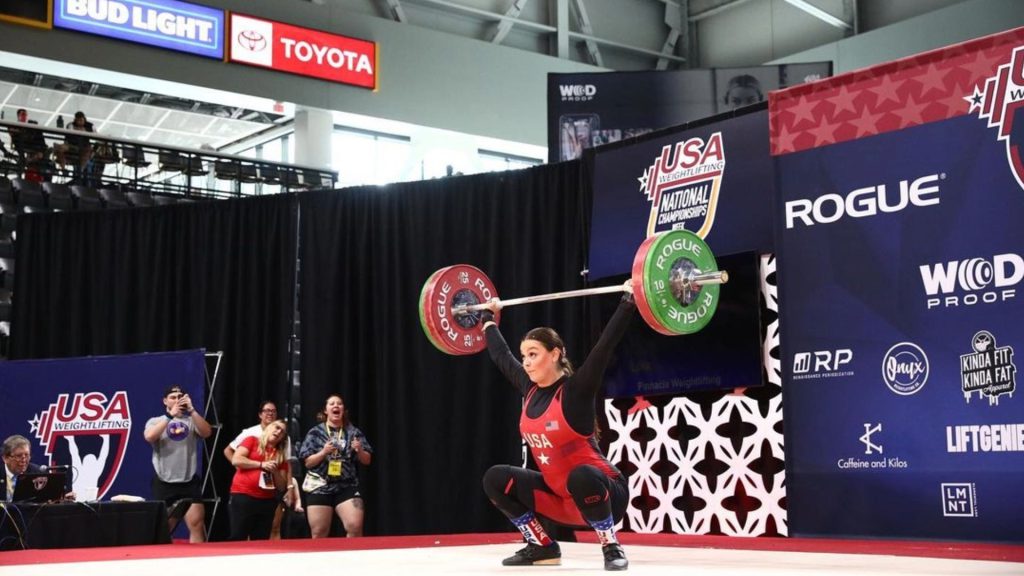
In a statement, she expressed her strong and deep feelings about weightlifting, and biological men trying to come into the women’s division of the sport.
Pollack’s Impressive Accomplishments
“Over the last seven years, I’ve poured my heart into Olympic Weightlifting,” she said. “Starting at just 15, I’ve faced challenges that extended far beyond lifting weights, navigating a landscape that is increasingly indifferent to the integrity of women’s sports.

“My accolades – a gold medalist at the 2023 U23 National Championships with a 200kg total, participation in over 25 competitions, nine national championships, a Pan American competition and a coaching certification – teeter on the edge of irrelevancy, as the sport I love becomes dominated by men pretending to be women,” she continued.
Criticizing National Sport Policy
“For USA weightlifting policy to allow a male athlete to compete (and win) in the women’s category at the Masters National Championships in Reno is appalling; it a slap in the face to every woman who has spent years honing her body and spirit to compete on what we assumed was a level playing field.
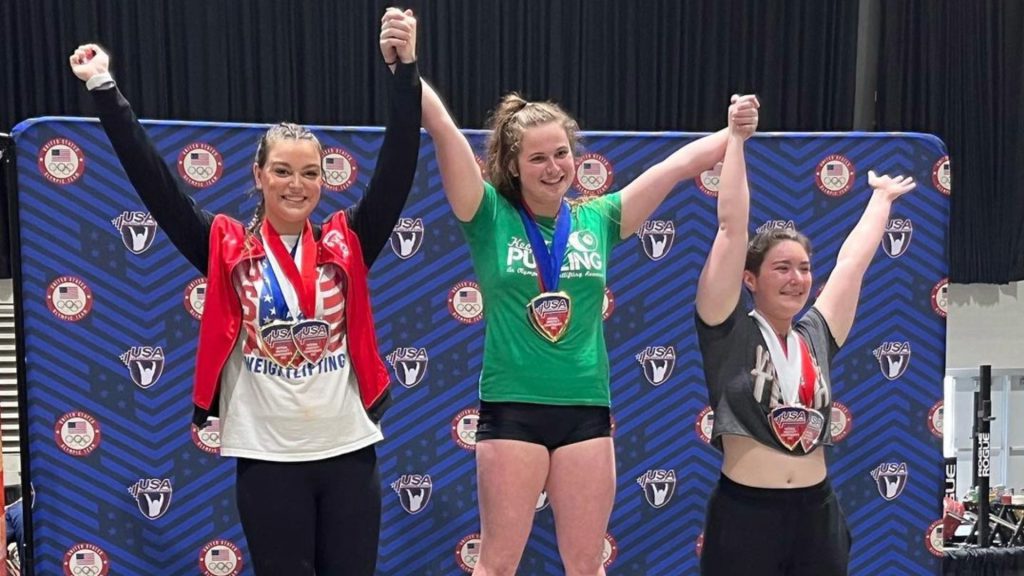
“To see our governing body issue a statement in support of this farce, prioritizing so-called diversity and inclusion over the blood, sweat and tears of female athletes, is beyond disheartening,” she explained.
Shutting Down Female Voices
“They shut down our voices by turning off comments on Instagram, refusing to listen to our input after many of us expressed horror at this change. What’s the point of gender divisions, of meticulously categorized weight classes, of different equipment tailored for women, if it’s all rendered meaningless the moment a man decides to enter our space and dismantle everything we’ve worked for?
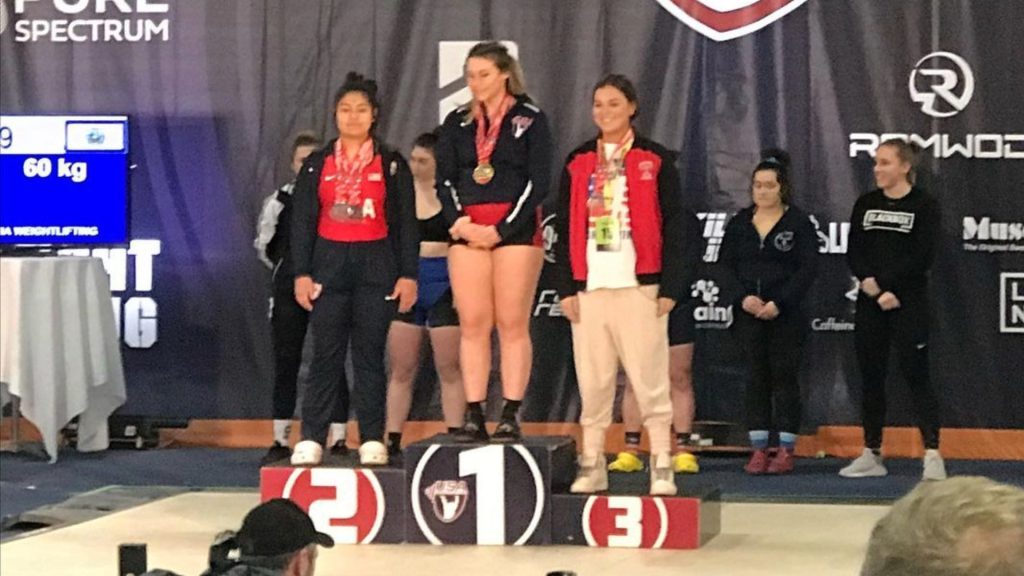
“This isn’t about inclusion. It’s about erasing women from their own sport. It’s about dismissing our achievements as if they were never worth the podium they were honored on. Every record we break, every medal we earn, are now under threat of being usurped by men.”
Making it Personal
Pollack dove a little deeper in her statement, making it more personal. “It’s especially personal as I consider my younger sister, who is following in my footsteps. The thought of her facing the same battles, of her efforts and potential being sidelined, fuels my resolve to advocate for what’s right.

“It’s a responsibility I bear not just for my own sake but for hers and the integrity of women’s sports as a whole…The battle for fairness in women’s sports, a battle fraught with personal and professional risks, is one we’re taking on because those in positions of power and leadership have let us down.”
A Passionate, and Poignant Ending
Pollack ended her statement passionately. “Female athletes cannot allow the foundational principles of our competitions to be dismantled without pushing back,” she said.
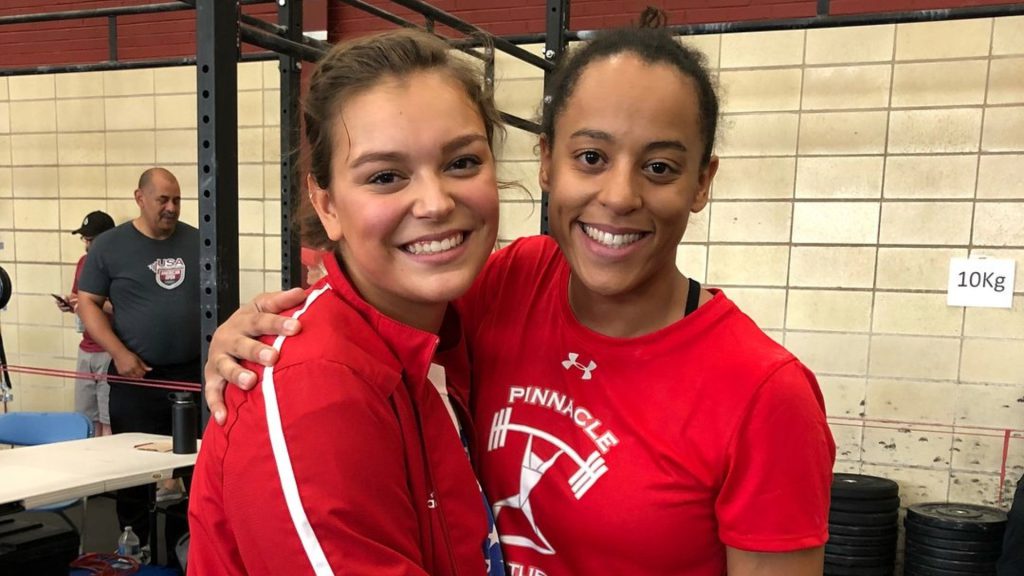
“We must fight to protect the legacy and future of women’s weightlifting, ensuring it remains a field where true female athleticism is celebrated, not compromised. Our voices will not be silenced; our achievements will not be usurped. Men have no place in women’s sports.”

